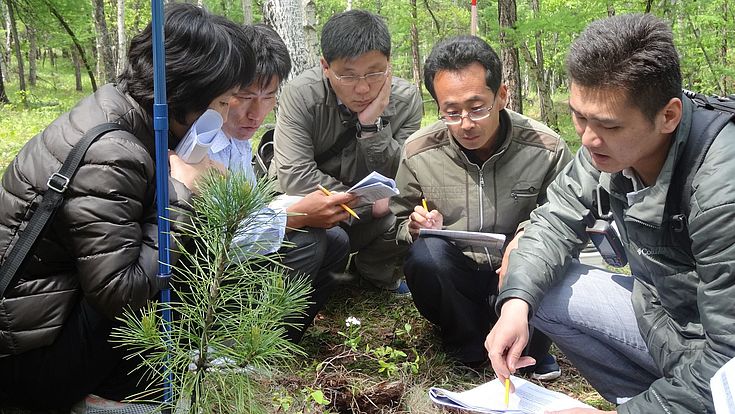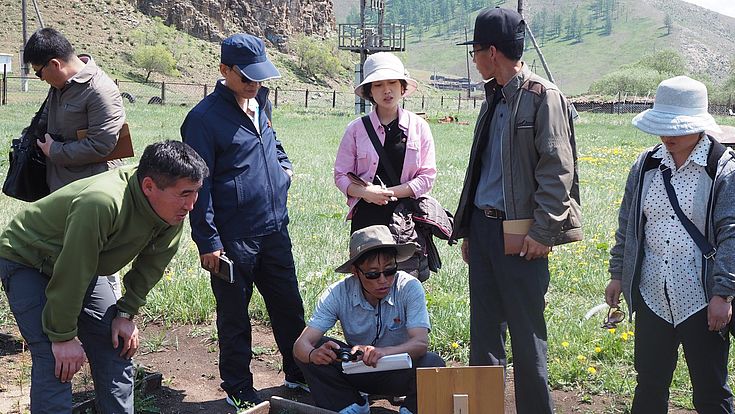Anniversary
A Day in History of both Koreas

The agreement aimed in improving inter-Korean relations and to work towards peace and unification on the Korean Peninsula. It also addressed humanitarian issues, it agreed on increasing exchanges of separated families and to consolidate mutual trust by promoting economic development, as well as exchanges in civic, cultural, sports, health, environmental and all other fields.
Despite the agreement, subsequently the situation on the Korean Peninsula had many ups and downs. Also, recent years came with many unexpected developments on the Korean Peninsula. Following two nuclear tests by North Korea in 2017, followed by new UN sanctions and extreme tensions, the “Peace Olympics” in South Korea in 2018 initiated new engagement and dialogue. Several high-level summits followed.

When President Moon Jae-In crossed the 38th parallel – the border between South and North Korea – hand in hand with North Korean leader Kim Jong Un, many thought, again, a new era of peace on the Korean Peninsula would start. Now, two years later, results are still scarce. Last week North Korea declared to cut all communication lines with South Korea, something that was established after the leaders meeting on 27 April 2020 and the adoption of the Panmunjom Declaration.
Today, on 15 June 2020, several events will be held to mark the first inter-Korean summit that took place 20 years ago. HSF Korea aims to promote dialogue and exchange on the Korean Peninsula and in Northeast Asia. Engagement in the field of nature conservation and sustainable development are a platform where trust can be built. One may argue about the outcome of the historic summits and agreements, but dialogue is the instrument to initiate a trust building process which is the basic structure for peaceful coexistence. HSF Korea will continue to support this process in South Korea and North Korea.
You can learn more about the projects of HSF Korea here.
